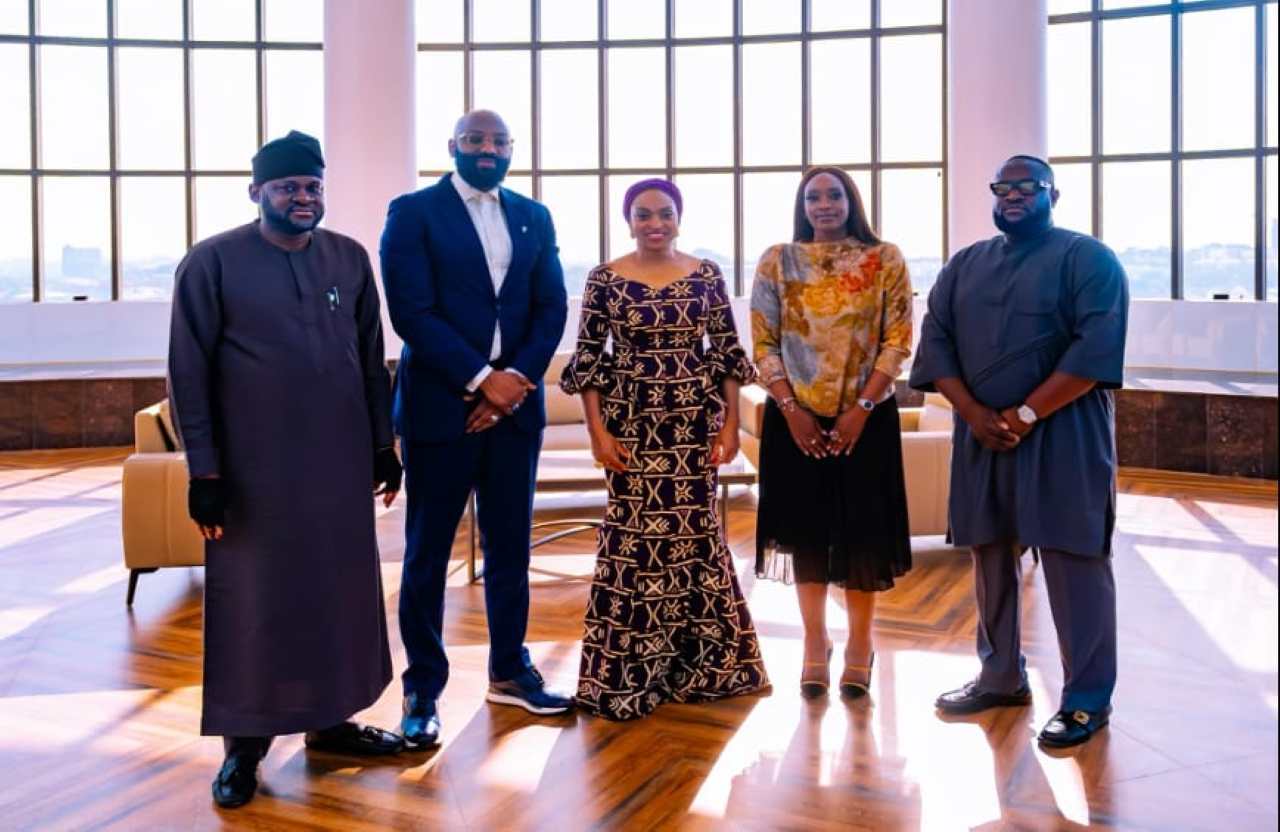Sixty years after it was built, the Cocoa House in Ibadan has continued to stand as a testament to vision, discipline, and the economic ingenuity of the old Western Region under the leadership of the late Obafemi Awolowo and his successor, Ladoke Akintola.
The landmark edifice, Africa’s first skyscraper, was celebrated yesterday at its 60th anniversary (1965–2025) in Ibadan, Oyo State, at an event organised by Odu’a Investment Company in partnership with select business leaders.
All six South-West governors were represented at the ceremony, where they, alongside real estate experts, emphasised that the durability of Cocoa House should serve as a blueprint for Nigeria’s future in high-rise development and urban planning.
According to them, Nigeria can compete globally in skyscraper construction if projects are built on the foundations of strong infrastructure, adherence to regulatory standards, and the integration of technology—factors that ensured the Cocoa House still stands six decades after its completion.
Governor Babajide Sanwo-Olu of Lagos, represented by the Secretary to the State Government, said Cocoa House was not only symbolic of the resilience of the South-West but also an economic landmark, financed entirely from cocoa proceeds generated by farmers in the region.
In the same vein, Governor Ademola Adeleke of Osun, represented at the event, called for greater recognition and support for farmers. He noted that if cocoa farmers could provide the resources that built such an enduring edifice, then agriculture holds the key to reviving the economy of the region.
Ondo State Governor, Lucky Aiyedatiwa, highlighted the importance of continuity in governance, pointing out that while the idea for the project was conceived under Awolowo, it was completed under Akintola.
In a panel session titled “Evolution of High-Rise Building in Nigeria”, real estate expert, Akeem Ogunniran, stressed that infrastructure remained central to the viability and longevity of high-rise buildings. He cautioned that issues of power, water supply, and road access must be addressed even before construction begins, as inadequate infrastructure undermines maintenance and sustainability.
The Managing Director of Odu’a Investment, Abdulrahman Yinusa, described the Cocoa House as “our talking drum” and “our oríkì in stone and glass,” symbolising the vision of a people who “planted cocoa and harvested skyscrapers.” He said the building should continue to inspire unity, discipline and foresight across generations.
Chairman of Odu’a Investment, Bimbo Ashiru, assured participants that the Cocoa House would not only be preserved as a historical monument but also repositioned as a hub for future growth through the adoption of modern, sustainable practices.
Similarly, the Chairman of Wemabod Limited, Bashir Oladunni, stressed the role of technology as a critical pillar of real estate development. According to him, the future of the sector is being shaped by innovations in construction, digital financing, and user-driven designs.
He cited the remodelled 24-storey Marina Community House, now a mixed-use building. development integrating offices, residences and recreational facilities, as an example of modern urban planning.
He added that today’s buyers and tenants increasingly demand energy efficiency, Wi-Fi access, and shared functional spaces, which must guide market analysis and project delivery.






